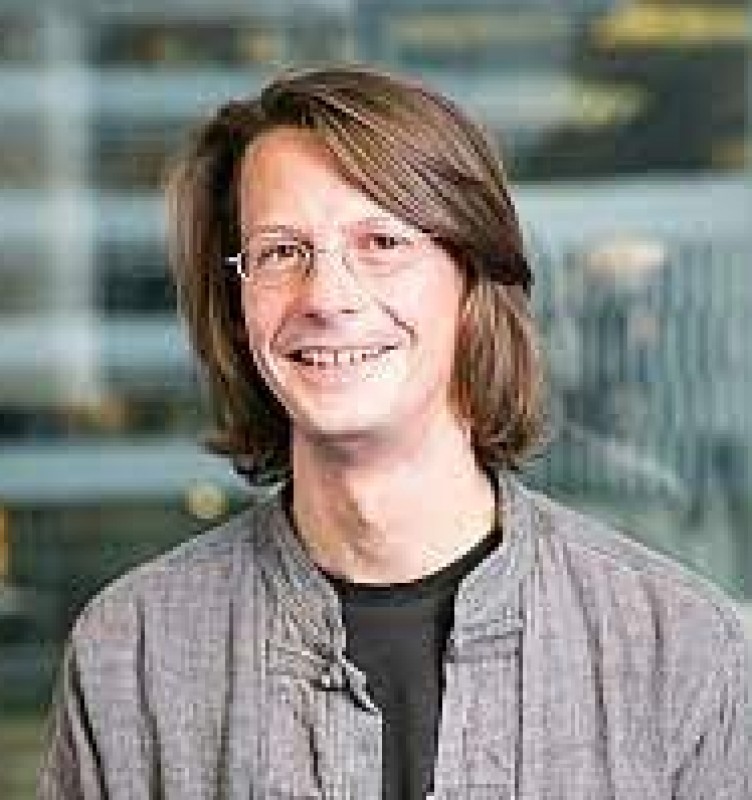KLI Colloquia are invited research talks of about an hour followed by 30 min discussion. The talks are held in English, open to the public, and offered in hybrid format.
Join via Zoom:
https://us02web.zoom.us/j/5881861923?omn=85945744831
Meeting ID: 588 186 1923
Spring-Summer 2026 KLI Colloquium Series
12 March 2026 (Thurs) 3-4:30 PM CET
What Is Biological Modality, and What Has It Got to Do With Psychology?
Carrie Figdor (University of Iowa)
26 March 2026 (Thurs) 3-4:30 PM CET
The Science of an Evolutionary Transition in Humans
Tim Waring (University of Maine)
9 April 2026 (Thurs) 3-4:30 PM CET
Hierarchies and Power in Primatology and Their Populist Appropriation
Rebekka Hufendiek (Ulm University)
16 April 2026 (Thurs) 3-4:30 PM CET
A Metaphysics for Dialectical Biology
Denis Walsh (University of Toronto)
30 April 2026 (Thurs) 3-4:30 PM CET
What's in a Trait? Reconceptualizing Neurodevelopmental Timing by Seizing Insights From Philosophy
Isabella Sarto-Jackson (KLI)
7 May 2026 (Thurs) 3-4:30 PM CET
The Evolutionary Trajectory of Human Hippocampal-Cortical Interactions
Daniel Reznik (Max Planck Society)
21 May 2026 (Thurs) 3-4:30 PM CET
Why Directionality Emerged in Multicellular Differentiation
Somya Mani (KLI)
28 May 2026 (Thurs) 3-4:30 PM CET
The Interplay of Tissue Mechanics and Gene Regulatory Networks in the Evolution of Morphogenesis
James DiFrisco (Francis Crick Institute)
11 June 2026 (Thurs) 3-4:30 PM CET
Brave Genomes: Genome Plasticity in the Face of Environmental Challenge
Silvia Bulgheresi (University of Vienna)
25 June 2026 (Thurs) 3-4:30 PM CET
Anne LeMaitre (KLI)
KLI Colloquia 2014 – 2026
Event Details

Register in advance for this meeting:
https://us02web.zoom.us/meeting/register/tZYvd-2orjwrGdP7Ll_NV46KhWLoR2l7t1u7
After registering, you will receive a confirmation email containing information about joining the meeting.
Topic description / abstract
The subject of the presentation is the discussion of evolutionary political economy as a distinct research programme. Evolutionary political economy follows two central goals: (1) to investigate and understand the endogenous dynamics of capitalist development in space and time, with its social-ecological implications, and (2) to shape the future of societal evolution on behalf of (1). Two distinct but interrelated processes shape political economic evolution simultaneously. There is a rather continuous process of variational change and growth, representing the more quickly dynamics of the circular flow, and a slower process of development carrying the contradictory motive forces of change which are tending towards disruptive transformation. The evolution of political economy unfolds as a stepwise sequence thereby. Traditionally, evolutionary economics has focused more on the former variational process by introducing e.g. population dynamics and related concepts into theories and models. The second transformational process is far more underrepresented in the literature, giving the occasion to develop an extended research programme, simply called evolutionary political economy. Theoretically, this work builds upon Marx, Schumpeter, Veblen and Georgescu-Roegen, understood as core thinkers of transformation with regard to the spatio-temporality of capitalist development. Otherwise, evolutionary political economy takes use of disaggregated simulation methods to communicate its ideas and findings to a larger community. In particular, the application of agent-based macroeconomic models is discussed, in exposing the interrelated dynamics of variation and transformation.
Biographical note
Manuel Scholz-Wäckerle is a senior lecturer at the Vienna University of Economics and Business (WU) at the Department of Socioeconomics. He obtained a doctorate in the social and economic sciences from the Technical University of Vienna in 2010. His main research areas involve evolutionary political economy, institutional economics, social-ecological transformation and agent-based modelling (micro-meso-macro).


